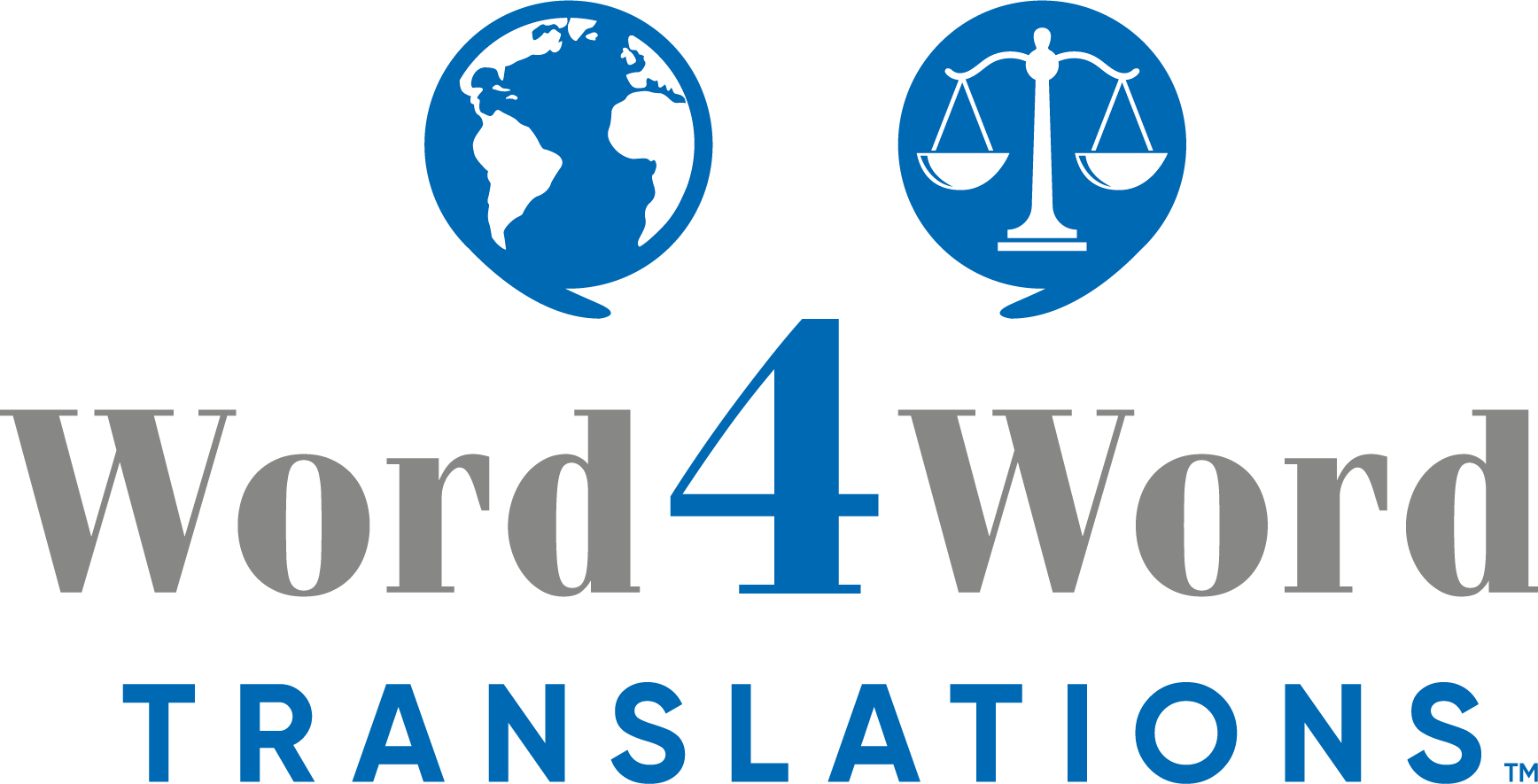Common Law in the UK

In legal systems, the UK stands out as a beacon of common law tradition. Rooted in precedent and case law, this system forms the bedrock of the country's legal framework, shaping decisions and guiding interpretations. However, within this intricate web of jurisprudence lies a challenge: ensuring that legal translations accurately convey the nuances of case law and legal principles.
Understanding Common Law:
At the heart of the UK's legal system lies common law, a system built on judicial decisions and precedent rather than codified statutes. Unlike civil law systems, where laws are primarily derived from written codes, common law relies heavily on the rulings of judges in previous cases. These precedents serve as binding authority in similar future cases, creating a dynamic and evolving body of law.
The Role of Case Law:
Case law, or the collection of past judicial decisions, forms the cornerstone of common law. Each judgment adds another layer to the legal landscape, shaping the interpretation and application of laws. As such, legal professionals must navigate this labyrinth of rulings, drawing upon precedent to argue their cases and interpret statutes.
Challenges in Legal Translation:
In a multicultural society like the UK, legal translations play a crucial role in ensuring equal access to justice for all. However, translating legal documents goes beyond mere linguistic proficiency. It requires a deep understanding of both legal terminology and the underlying principles of the law.
When it comes to common law systems, the challenge is twofold. Not only must translators accurately convey the legal text, but they must also capture the nuances of case law and precedent. Each ruling carries its own significance, shaping the interpretation of statutes and influencing future judgments. As such, any mistranslation or misinterpretation could have far-reaching consequences, impacting the outcome of legal proceedings.
The Importance of Accuracy:
A single mistranslated word or misinterpreted phrase could alter the meaning of a legal document, leading to confusion or even legal disputes. This is particularly true in common law systems, where case law forms the basis of legal reasoning.
Legal professionals rely on accurate translations to argue their cases effectively and uphold the principles of justice. Whether it's a contract, court document, or statute, the integrity of the translation ensures that all parties understand their rights and obligations under the law.
Conclusion:
As the foundation of the UK's legal system, common law shapes the way justice is administered and laws are interpreted. Legal translations play a vital role in ensuring that this system remains accessible to all, regardless of language or background. By accurately conveying the nuances of case law and legal principles, translators uphold the principles of justice and contribute to a fair and equitable legal system.
Ensure your legal translations meet the highest standards of accuracy and nuance with Word4Word Legal Translation Services. Our expert translators are well-versed in the complexities of common law, ensuring that every document captures the precise meaning and significance of the original text. Don’t leave your legal translations to chance—trust Word4Word to deliver clarity and precision in every word.
